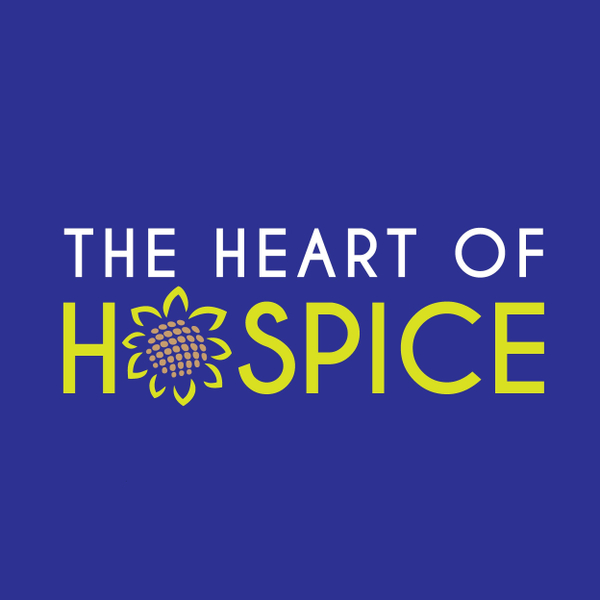
How to Create Your Advance Care Plan Series with The Conversation Project Episode 4
- S7
- 24:27
- November 22nd 2022
Kate Debartolo of The Conversation Project is talking with us about advance care planning, and how to talk about what matters most to you. According to The Conversation Project website (theconversationproject.org), Kate “has worked at The Institute for Healthcare Improvement (IHI) since 2007. She currently leads The Conversation Project team and operations. Additionally, Kate manages and cultivates relationships with national and state-level organizations that help engage the general public in advance care planning.” Individuals can find the Conversation Starter Guide and use it to have discussions with their families. The Conversation Project also has resources for choosing a healthcare proxy, being a healthcare proxy, and what to consider if you’re dealing with a serious illness. The TCP resources come in multiple languages and forms, easily accessed and edited. All the resources and workbooks are available at no charge. Take advantage of all the free guides The Conversation Project has to offer!
Check out The Conversation Project website here.
Get resources to get your conversation started here.
Follow TCP on Facebook here.
Connect with TCP on Twitter here.
Find more information about hospice philosophy, end of life care, and self care for both personal and professional caregivers here.
Find more podcast episodes from The Heart of Hospice at The Heart of Hospice Podcast (theheartofhospice.com)
Connect with podcast host Helen Bauer at [email protected].
Book podcast host Helen Bauer to speak at your event or conference by sending an email to [email protected].
The Heart of Hospice Podcast
The Heart of Hospice podcast is dedicated to helping personal and professional caregivers who are caring for someone with serious illness. We're here to provide information and education so people can make informed choices about end of life care.